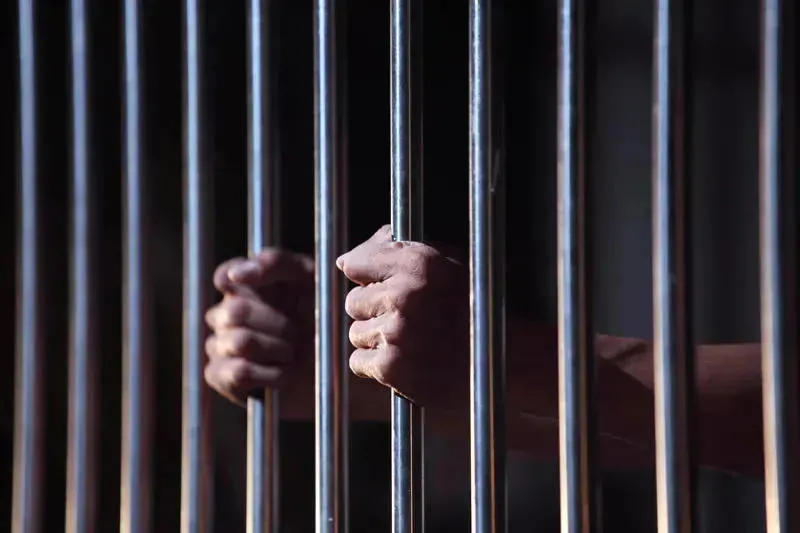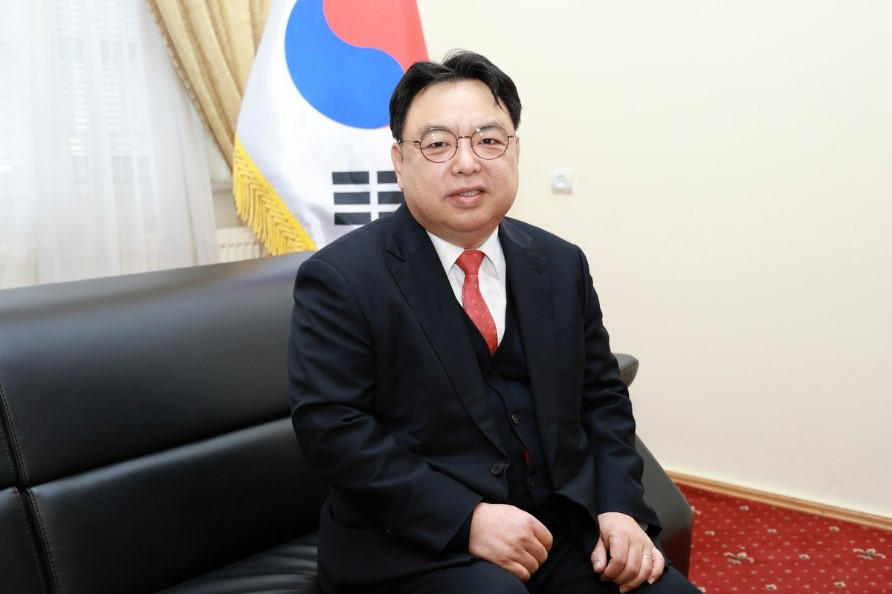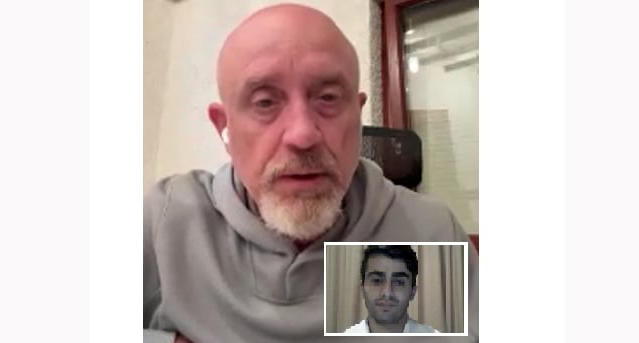Committee for the Prevention of Torture: A number of inmates confirmed to the delegation the existence of the hierarchy and the collection of money for the illegal prisoners’ fund “obshchak”

In all prisons (mostly in Rustavi followed by Ksani, the least so in Geguti) there was a clear disparity in conditions between the cells: whilst most of the prisoners had to live in cramped and rather dilapidated accommodation, some of the inmates (presumably those occupying higher ranks in prisoner hierarchy) enjoyed relatively comfortable conditions, with more living space, refurbished cells (with parquet or tiled floors) and a lot of non-standard equipment (large TV sets, DVDs, hi-fi towers, air conditioning units, kitchen corners, etc.), reads the European Committee for the Prevention of Torture and Inhuman or Degrading Treatment or Punishment (CPT) report which was published after their visit to Georgia.
According to the report, the delegation was concerned to observe obvious signs of the presence of informal prisoner hierarchy.
"The delegation was also concerned to observe obvious signs of the presence of informal prisoner hierarchy, such as typical symbols (in particular, the “Vorovskoy Mir/Thieves World” eight-pointed stars and snarling wolves also known as “Oskals”) visibly placed above cell doors and on cell walls (especially at Prison No. 17). Further, in all prisons (but again mostly in Rustavi followed by Ksani, the least so in Geguti) there was a clear disparity in conditions between the cells: whilst most of the prisoners had to live in cramped and rather dilapidated accommodation, some of the inmates (presumably those occupying higher ranks in prisoner hierarchy) enjoyed relatively comfortable conditions, with more living space, refurbished cells (with parquet or tiled floors) and a lot of non-standard equipment (large TV sets, DVDs, hi-fi towers, air conditioning units, kitchen corners, etc.). Last but not least, a number of inmates confirmed to the delegation the existence of the hierarchy and the collection (or rather extortion) of money (from prisoners but more often their families) for the illegal prisoners’ fund (“obshchak”)," reads the report.
According to the document, the combination of the above-mentioned factors resulted in a high risk of inter-prisoner violence, intimidation and extortion.
"Several prisoners with whom the delegation spoke referred to verbal insults and threats (of physical violence and/or death vis-à-vis themselves and their families) from fellow inmates in the three prisons visited, usually in the context of the prisoner’s incapacity (for lack of money or any relatives capable of paying instead of him) or – rarely – unwillingness to contribute to the “obshchak”," reads the report.
Read the full report.

